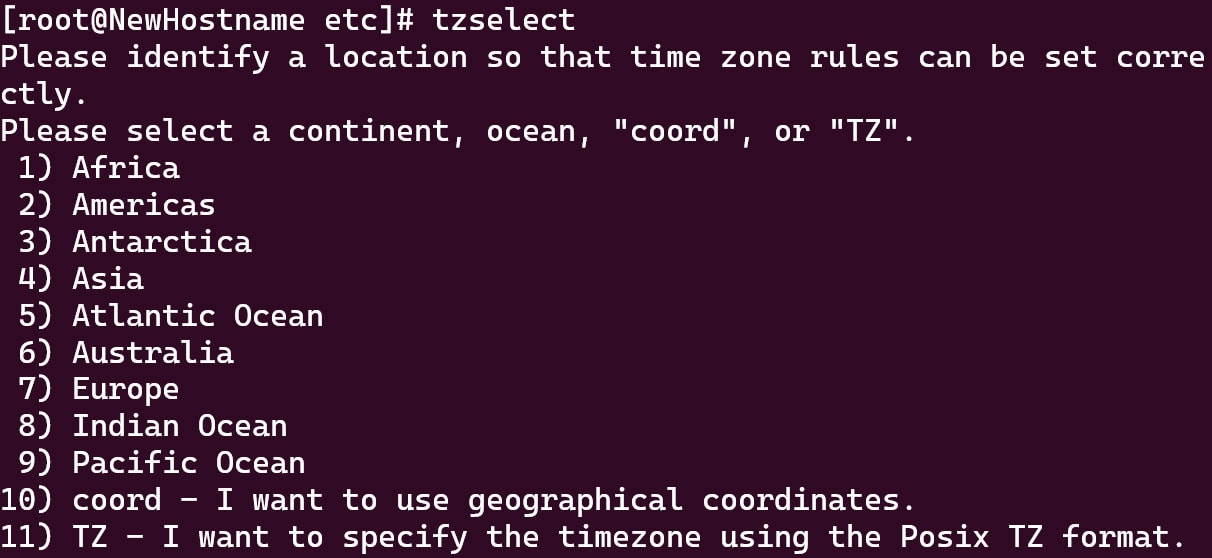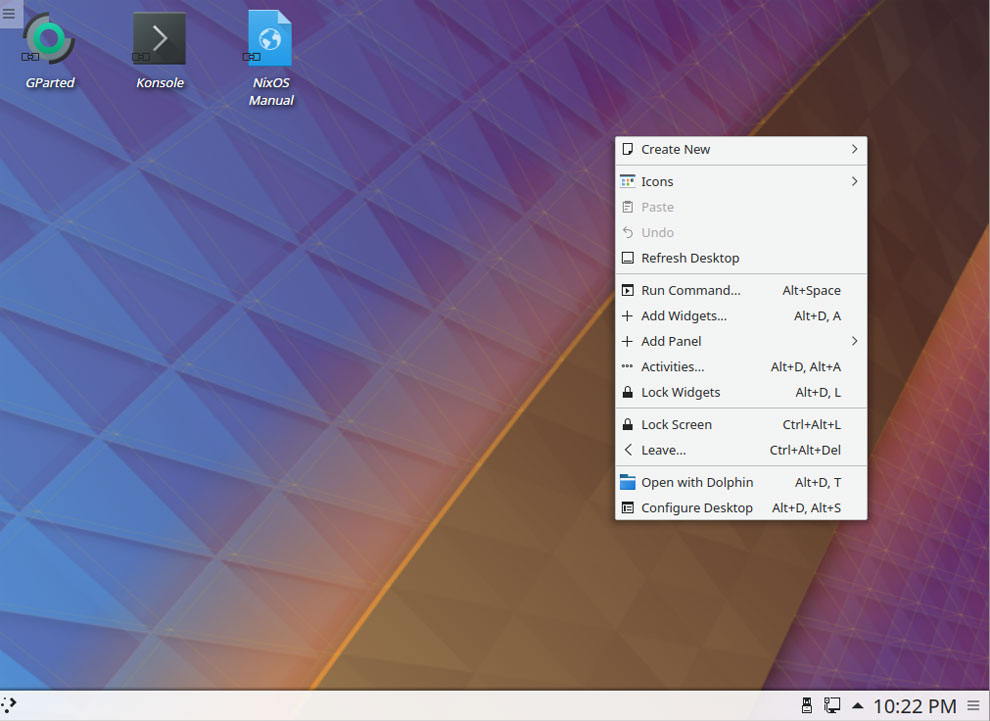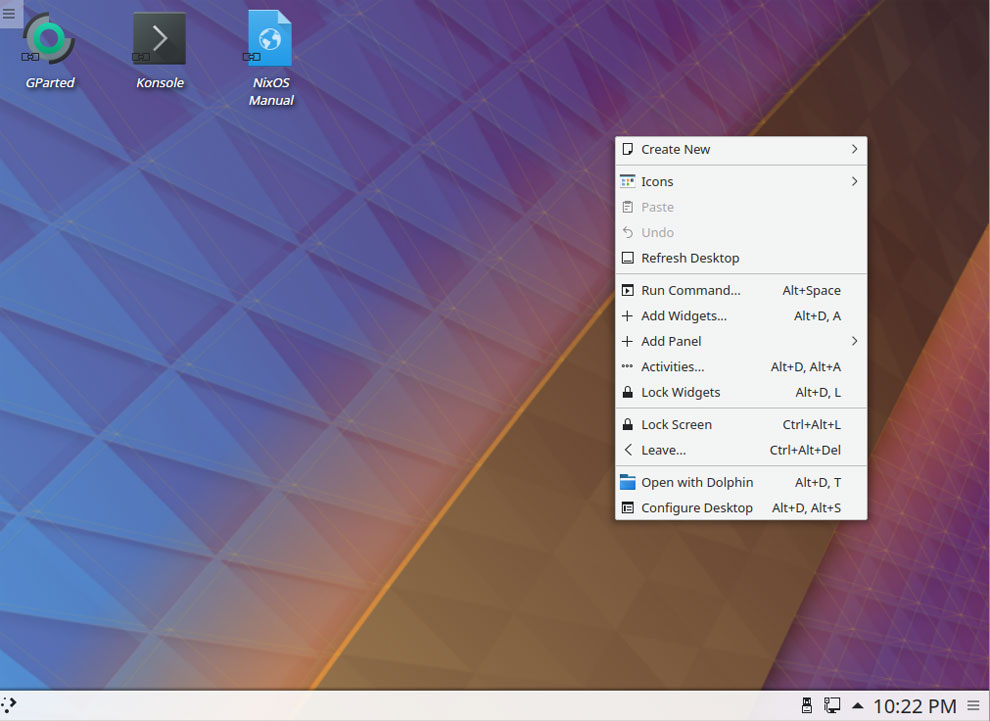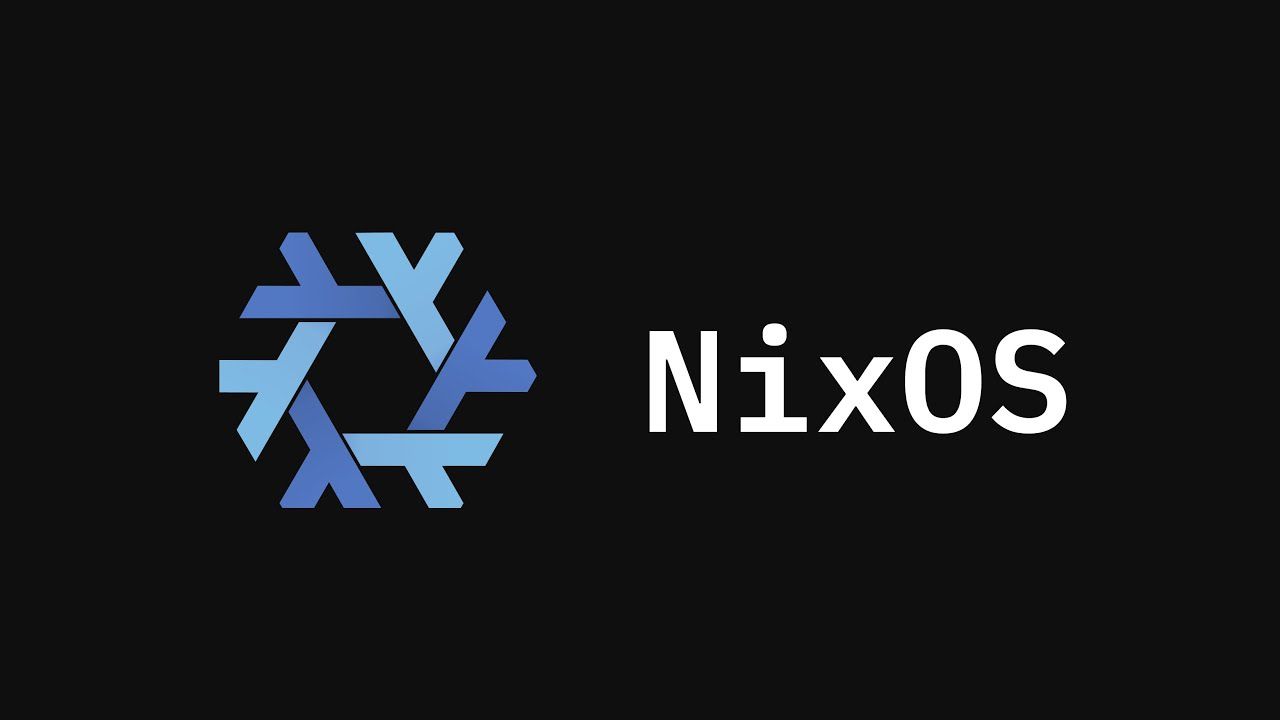Linux 6.8: The Networking Marvel
In a surprising turn of events, the Linux 6.8 kernel has unveiled groundbreaking optimizations in the realm of networking that are set to revolutionize the way we perceive TCP performance. The latest kernel release promises a staggering ~40% boost in performance for systems handling numerous concurrent connections, a feat that has left tech enthusiasts in awe.
The core networking code has undergone a meticulous overhaul, with a focus on enhancing cacheline consumption efficiency. This strategic restructuring has not only optimized performance but also set a new benchmark for future developments, ensuring that progress remains steadfast without compromising on speed.
Coco Li, the mastermind behind Google’s cacheline optimization endeavor, shared insights into the meticulous process: “Currently, variable-heavy structs in the networking stack are organized chronologically, logically, and sometimes by cache line access. This patch series aims to reorganize the core networking stack variables to minimize cacheline consumption during data transfer, resulting in a remarkable performance surge.”
The results speak for themselves, with TCP performance scaling to new heights, especially benefiting AMD EPYC servers. The community has applauded Google’s relentless pursuit of excellence in low-level kernel optimizations, a testament to their unwavering commitment to innovation.
New Horizons in Networking Hardware
Apart from the software optimizations, Linux 6.8 introduces a plethora of new Ethernet driver hardware support, welcoming devices like Octeon CN10K, Broadcom 5760X P7, Qualcomm SM8550 SoC, and Texas Instrument DP83TG720S PHY into the fold. The Bluetooth domain also witnesses a significant upgrade with new driver support for the IMC Networks Bluetooth radio.
However, the kernel’s quest for modernization comes at a cost, as outdated WiFi drivers bid farewell in Linux 6.8. The removal of obsolete WiFi support, including Libertas 16-bit PCMCIA, Atmel at76c50x, HostAP ISA/PCMCIA, zd1201 USB dongles, Orinoco ISA/PCMCIA, Aviator/Raytheon, Planet WL3501, and RNDIS USB drivers, marks a decisive shift towards efficiency and relevance.
Driving Innovation: Network Driver Enhancements
Linux 6.8 doesn’t stop at hardware upgrades; it delves deep into network driver enhancements, with the Intel high-speed NIC driver leading the charge. The driver now boasts added support for temperature and clock information reporting, alongside a myriad of random improvements across various network drivers. NVIDIA Mellanox Ethernet data center switches also receive a significant update, allowing firmware updates without the hassle of a reboot.
On the WiFi front, the development of WiFi 7 and Extremely High Throughput (EHT) enhancements continues to shape the future of wireless connectivity, promising unparalleled speed and reliability.
Conclusion
As the Linux 6.8 kernel ushers in a new era of networking prowess, the tech community eagerly anticipates the transformative impact of these optimizations. With a focus on performance, efficiency, and innovation, the latest kernel release sets a high standard for future developments in the networking domain.


 Photo by
Photo by 












